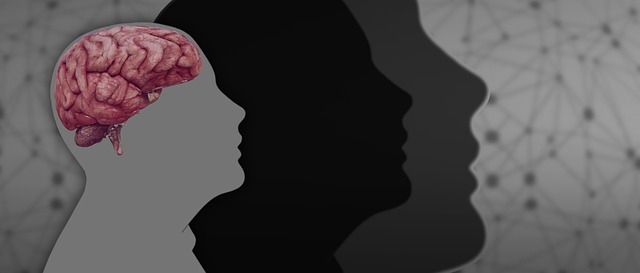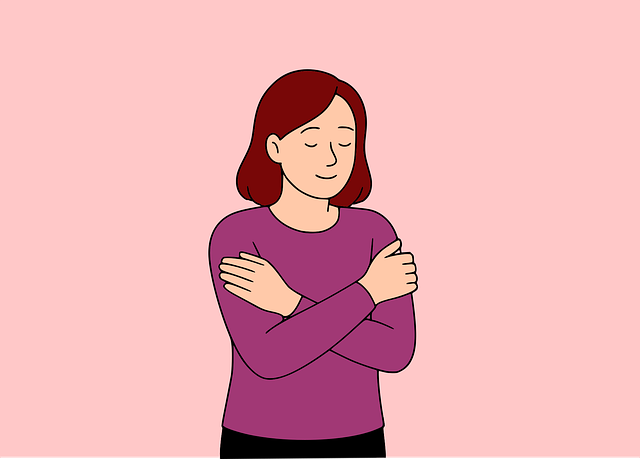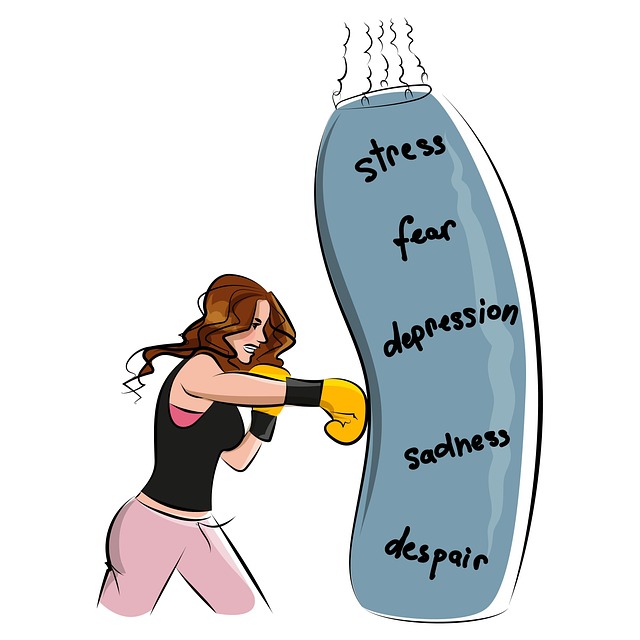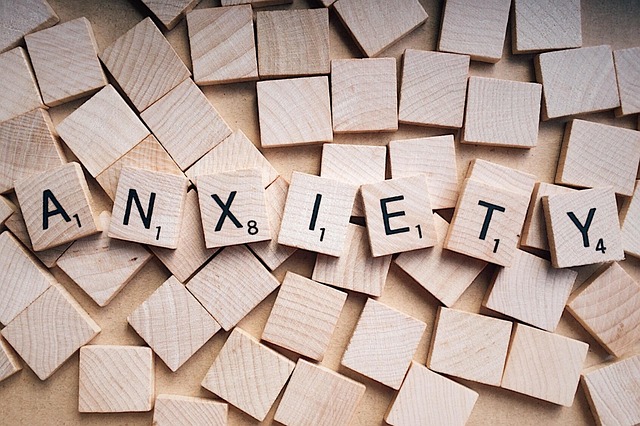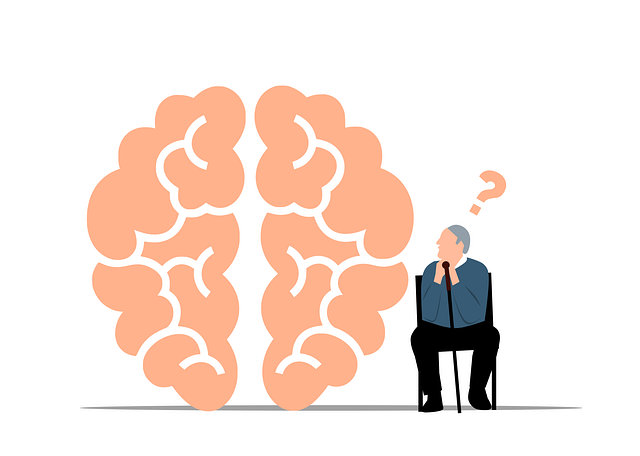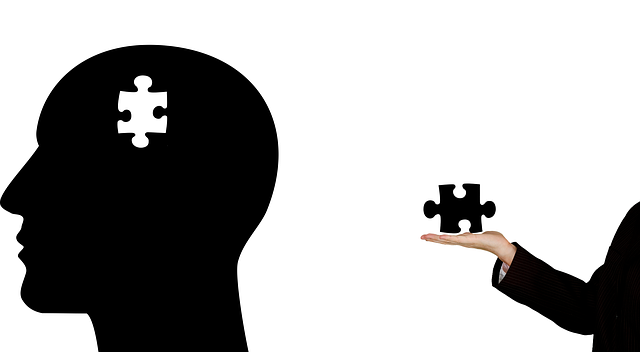Loss and grief, especially during adolescence, can significantly impact a teen's emotional well-being. Therapy plays a vital role in helping teens navigate these challenges by providing tools to process emotions, develop coping strategies, and build resilience. For those struggling with Adjustment Disorder due to loss or grief, cognitive-behavioral therapy (CBT) offers effective management through challenging negative thoughts and replacing them with healthier ones. Cultural sensitivity within mental healthcare ensures personalized support, fostering empathy and safe expression of emotions for teens healing from loss.
Loss, grief, and bereavement are complex emotional journeys that can profoundly impact teenagers. This article delves into the unique challenges faced by adolescents navigating these difficult experiences. We explore the intricate relationship between loss and mental health, focusing on identifying adjustment disorder in teens post-loss. Effective counseling approaches are discussed, highlighting strategies to support healing. Additionally, we provide valuable resources and support systems for teenagers seeking guidance through grief, including therapy options tailored for their needs, specifically addressing adjustment disorder in adolescent teens.
- Understanding Loss, Grief, and Bereavement: A Complex Journey
- The Impact on Adolescent Teens: Unique Challenges and Coping Mechanisms
- Identifying Adjustment Disorder in Teens Following Loss
- Counseling Approaches for Effective Healing
- Resources and Support Systems for Teenagers Navigating Grief
Understanding Loss, Grief, and Bereavement: A Complex Journey

Loss, grief, and bereavement are deeply personal and complex experiences that impact individuals differently. Understanding this journey involves recognizing that loss can stem from various sources—the death of a loved one, relationship endings, or significant life changes. Each person’s response to these events is unique, often characterized by a range of emotions like sadness, anger, guilt, and confusion. The process of grief is not linear; it may involve periods of intense mourning followed by moments of quiet reflection.
For adolescents and teens dealing with loss, the impact can be particularly challenging. They might struggle with adjusting to new circumstances, especially if they had a close relationship with the person who passed away or faced significant changes in their family dynamics. Therapy can play a crucial role in this phase, offering a safe space for teens to process their emotions, develop coping mechanisms, and build resilience. Through professional guidance, they can learn conflict resolution techniques, enhance their support systems, and navigate their feelings of loss while fostering healthy adjustment disorders.
The Impact on Adolescent Teens: Unique Challenges and Coping Mechanisms

Grief and bereavement can profoundly impact adolescent teens, who often face unique challenges when navigating loss. Unlike adults, teens are still developing their sense of identity and independence, making them particularly vulnerable to the effects of grief. The death of a loved one can disrupt their emotional balance, leading to a range of reactions such as sadness, anger, or even withdrawal.
One common outcome is the development or exacerbation of an Adjustment Disorder, characterized by feelings of depression, anxiety, and difficulty coping with daily life. However, counseling offers a lifeline for these young individuals. Through therapy, they can learn effective coping mechanisms to manage their emotions, such as improving self-esteem through positive affirmations and building inner strength to navigate challenging situations. Mood management techniques are also crucial in helping teens regulate their emotional responses, fostering resilience as they adjust to life after loss.
Identifying Adjustment Disorder in Teens Following Loss

Many teenagers struggle to cope with loss and grief, which can sometimes lead to an Adjustment Disorder (AD). This mental health condition is characterized by symptoms like severe depression, anxiety, irritability, and difficulty functioning in daily life after a significant change or stressor. When a teen experiences the death of a loved one, they may exhibit signs of AD if they fail to adjust appropriately over several months.
Therapy for adolescent teens with adjustment disorder involves various approaches, including counseling sessions that focus on processing grief, building resilience, and improving self-esteem. Mental wellness journaling exercises can be a powerful tool to help teenagers express their emotions and track their progress. Public awareness campaigns development around loss and bereavement can also play a crucial role in destigmatizing mental health issues and providing guidance for those affected.
Counseling Approaches for Effective Healing

Counseling plays a pivotal role in guiding individuals through the complex process of healing from loss and grief. For adolescent teens struggling with adjustment disorders stemming from bereavement, various therapeutic approaches have proven effective. One widely recognized method is cognitive-behavioral therapy (CBT), which helps individuals identify and challenge negative thought patterns related to their loss. By replacing these thoughts with more adaptive ones, CBT enables teens to manage their emotions and gradually rebuild a sense of normalcy.
Embracing cultural sensitivity in mental healthcare practice is essential for providing tailored support. Counselors should be adept at employing empathy-building strategies, fostering an environment where teenagers feel understood and safe to express their feelings. This personalized approach, coupled with focusing on mental wellness, empowers teens to navigate the healing process at their own pace, ultimately facilitating a smoother transition towards recovery.
Resources and Support Systems for Teenagers Navigating Grief

Navigating grief as a teenager can be particularly challenging due to the unique emotional and developmental stage they occupy. Adolescent teens dealing with loss may struggle with intense feelings of sadness, anger, or even anxiety that can manifest as Adjustment Disorder. The right resources and support systems are essential for their well-being during this difficult period.
Therapy specifically tailored for adolescent teens offers a safe space to process grief, providing them with coping mechanisms to manage anxiety relief. Many mental health professionals specializing in teen counseling understand the importance of cultural sensitivity in mental healthcare practice, ensuring that sessions resonate with their diverse backgrounds. Trauma support services within these settings can help teenagers make sense of their experiences and foster resilience as they learn to adapt to life after a significant loss.
Loss, grief, and bereavement are profound experiences that can significantly impact adolescent teens. Understanding their unique challenges and coping mechanisms is crucial. By recognizing the potential for adjustment disorder and accessing effective counseling approaches, teenagers can navigate these difficult times with support. Resources and strong support systems play a vital role in their healing journey, ensuring they receive the therapy for adolescent teens with adjustment disorder they need to rebuild and thrive.

